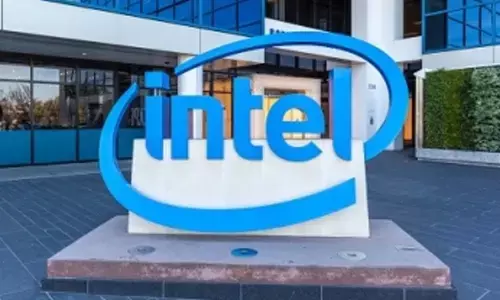Retail investors pump in $12 billion

Retail investors pump in $12 billion
The shareholding of small retailers has risen by 0.6 ppt over Dec 2019 to Sept 2020
New Delhi: Retail investors in India directly bought stocks to the tune of $12 billion (Rs 88,000 crore) over January-September as the post-Covid period has seen rising retail inflows similar to the global trend.
According to a report by foreign brokerage, Jefferies, the post-Covid period in India, similar to the global trend, has seen rising retail participation. The shareholding of small retailers has risen by 0.6 percentage points (ppt) over December 2019 to September 2020 while that for large retail has also gone up by 0.1 ppt during the period. MF's holding had declined by 0.1 ppt during the same.
"Indeed, we estimate that retail investors direct buying in the market had witnessed net inflows of $12 billion over January-September 2020", Jefferies said. Even as domestic equity MFs see an outflow, domestic investors continue to add equity market exposure directly. Overall market ownership has jumped by 50bps during calendar year 2020.
The report said that inflows into Indian equity funds has turned negative for the past six months. This is the first such reversal in the past six years. "Our analysis, however, shows that retail investors are choosing to go direct v/s. through mutual funds. The cumulative ownership of MFs and retail investors continues to rise. With the market breadth now widening, MF outperformance should return drawing the investors back in. We continue to remain optimistic on the overall retail participation in the market", it said.
Explaining the reason for reversal in direction of flows from mutual funds, the report said it could be the change in direction of discretionary flows as investors possibly chased higher returns in individual stocks in the sharp market rally post Covid lows. The same is visible in SIP flows (monthly, automatic flows) where net inflows have declined 15 per cent since their March 2020 peak, but are still substantially positive, at $ one billion. The MFs had tended to underperform in the early part of the rally as the high concentration nature of the same (select large caps) had made it tough for MF's given concentration rules. The report said that the amount of net worth held in equities by Indian households is in low single digits (4 per cent as of December'20).
However, there is a case for both a) financialisation of savings and within that b) of rising allocation to equities with bank deposits, for example, already forming a high share of the household net-worth at 16 per cent. Nearly two-thirds of Indian savings continued to be deployed in physical assets (property and gold) and structurally, the case remains for a gradual shift of the same to financial savings.
For an economy which is in a technical recession, Indian markets are doing extraordinarily well and now even the macro numbers led by Goods and Services Tax (GST) collections are giving new evidence of a strong recovery. To add to the bullish fervour, Mumbai has seen record upswing in real estate transactions in December. According to foreign brokerage, Jefferies, "We maintain our positive stance on cyclical recovery in India, thanks to growing evidence that the housing cycle has bottomed out and is now set for a multi-year upswing".











